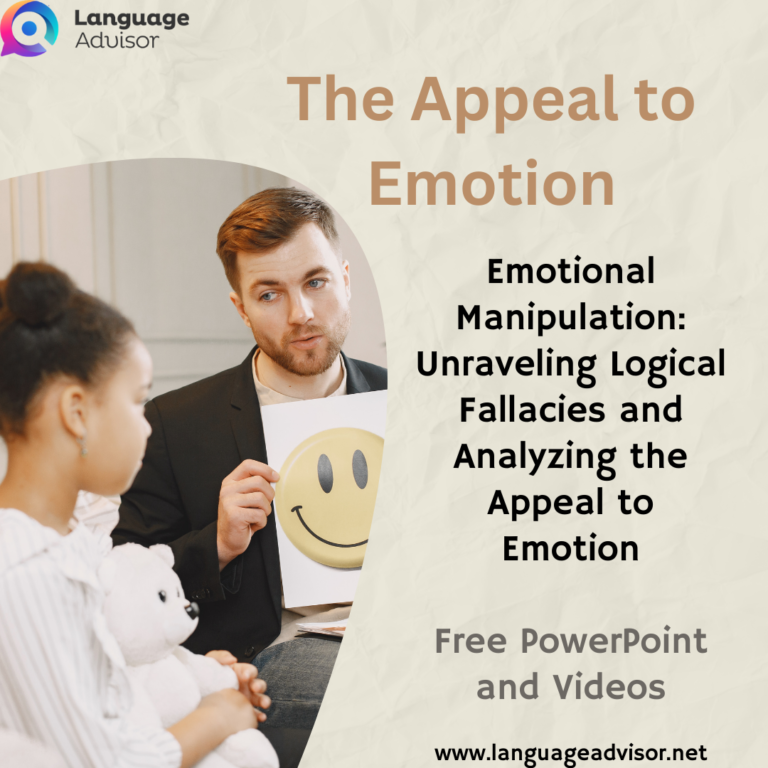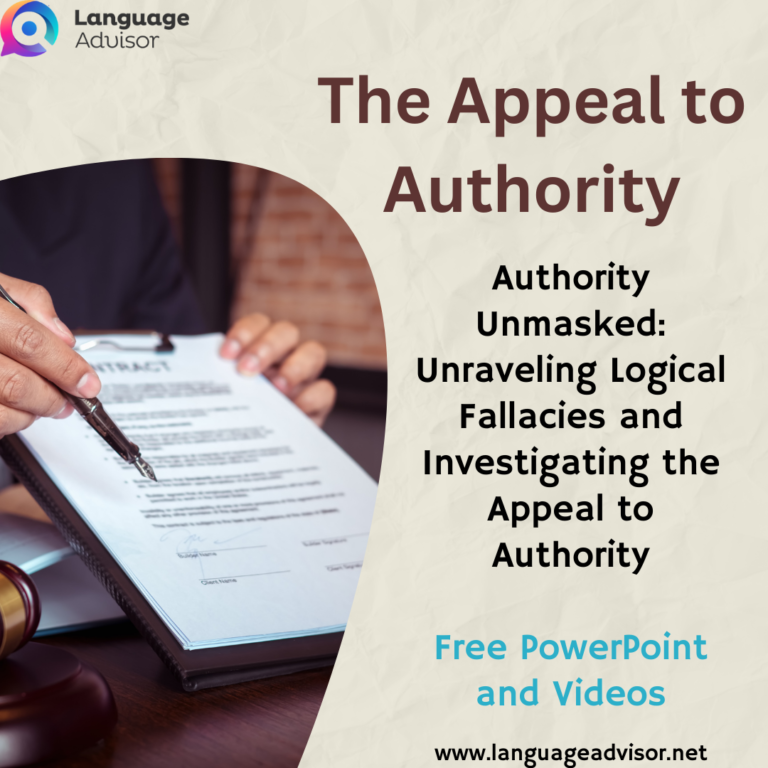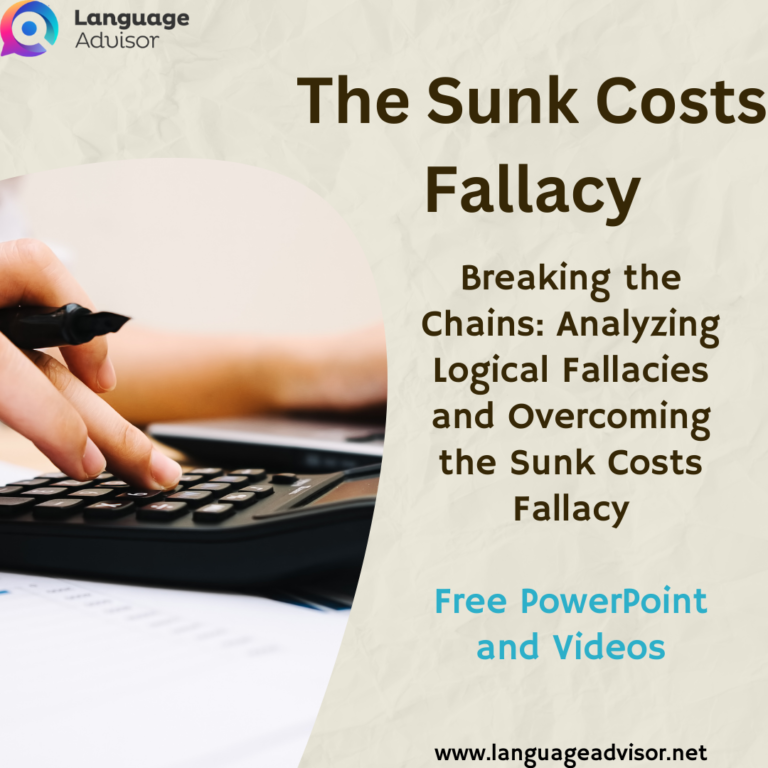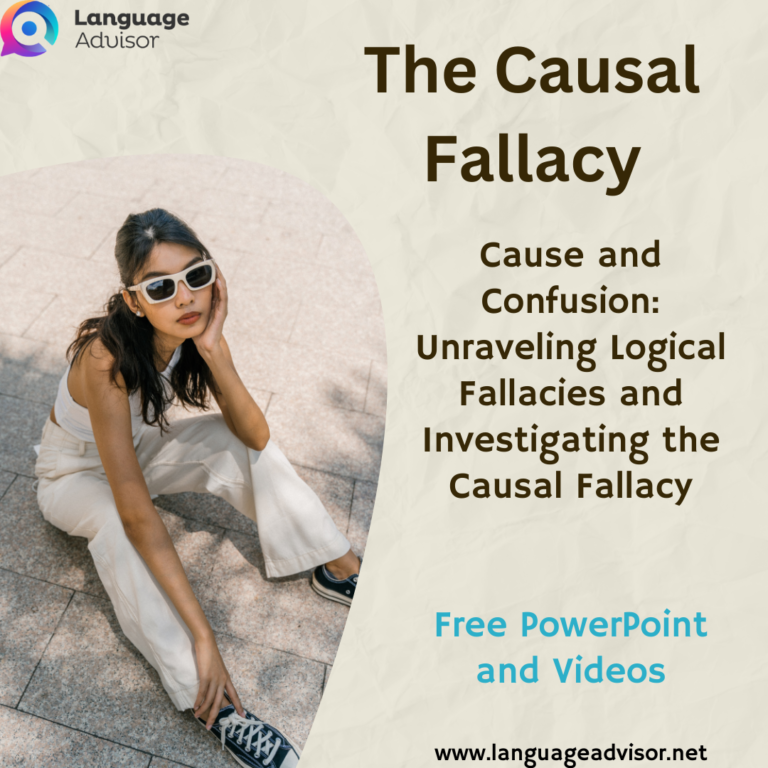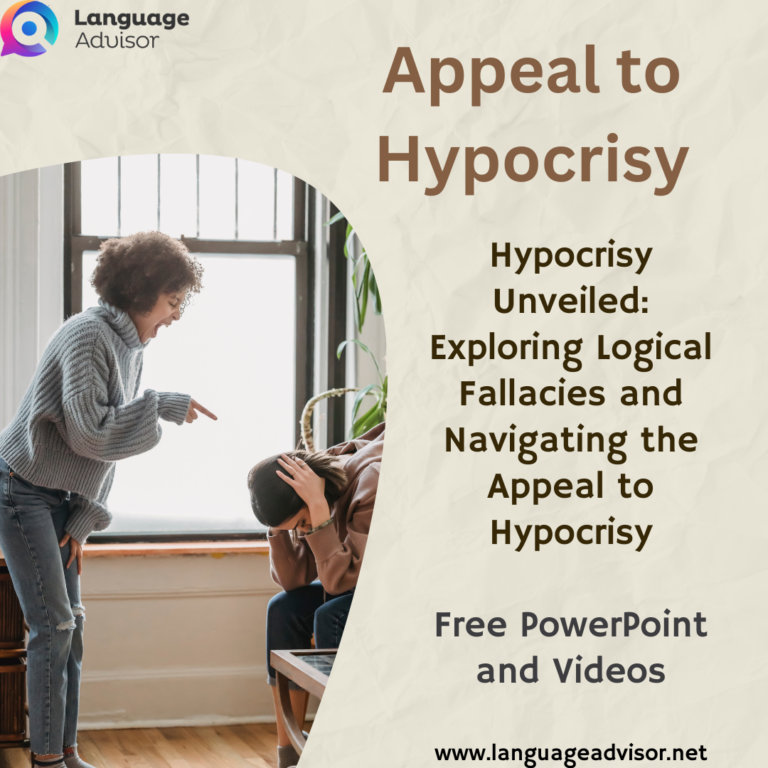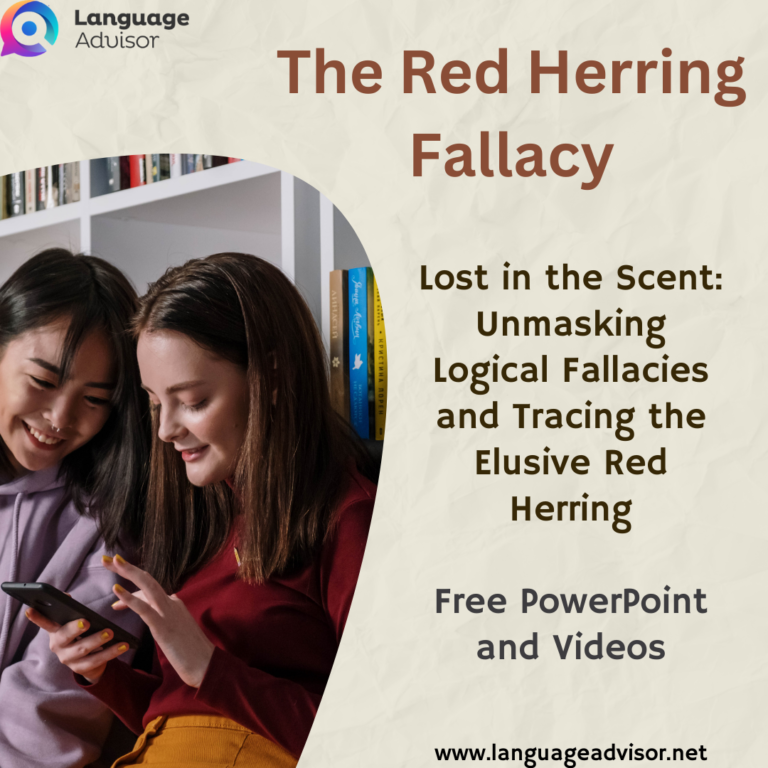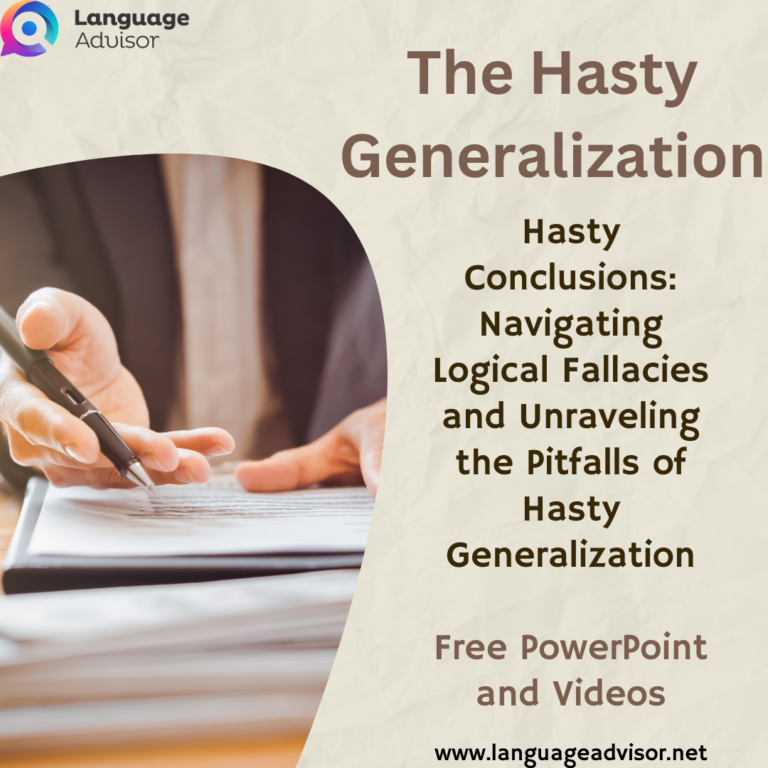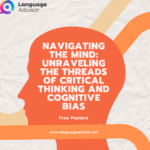Improving your critical thinking – Mastering the Art: A Comprehensive Guide to Improving Your Critical Thinking Skills. Free PDF Worksheet and Video
Improving your critical thinking

Improving your critical thinking
Every day, a sea of decisions stretches before us. Some are small and unimportant, but others have a larger impact on our lives; for example, which politician should I vote for? Should I try the latest diet craze? Or will email make me a millionaire?
We’re bombarded with so many decisions that it’s impossible to make a perfect choice every time. But there are many ways to improve our chances, and one particularly effective technique is critical thinking.
This is a way of approaching a question that allows us to carefully deconstruct a situation, reveal its hidden issues, such as bias and manipulation, and make the best decision.
If the critical part sounds negative that’s because in a way, it is. Rather than choosing an answer because it feels right, a person who uses critical thinking subjects all available options to scrutiny and skepticism.
Using the tools at their disposal, they’ll eliminate everything but the most useful and reliable information. There are many different ways of approaching critical thinking, but here’s one five-step process that may help you solve any number of problems.
Formulate your question
In other words, know what you’re looking for. This isn’t always as straightforward as it sounds.
For example, if you’re deciding whether to try out the newest diet craze, your reasons for doing so may be obscured by other factors, like claims that you’ll see results in just two weeks.
But if you approach the situation with a clear view of what you’re actually trying to accomplish by dieting; whether that’s weight loss, better nutrition, or having more energy, that’ll equip you to sift through this information critically, find what you’re looking for, and decide whether the new fad really suits your needs.
Gather your information
There’s lots of it out there, so having a clear idea of your question will help you determine what’s relevant. If you’re trying to decide on a diet to improve your nutrition, you may ask an expert for their advice, or seek other people’s testimonies. Information gathering helps you weigh different options, moving you closer to a decision that meets your goal.
Apply the information
Something you do by asking critical questions. Facing a decision, ask yourself, “What concepts are at work?”, “What assumptions exist?”, “Is my interpretation of the information logically sound?”
For example, in an email that promises you millions, you should consider, “What is shaping my approach to this situation?”, “Do I assume the sender is telling the truth?”, “Based on the evidence, is it logical to assume I’ll win any money?”
Consider the implications
Imagine it’s election time, and you’ve selected a political candidate based on their promise to make it cheaper for drivers to fill up on gas. At first glance, that seems great. But what about the long-term environmental effects? If gasoline use is less restricted by cost, this could also cause a huge surge in air pollution, an unintended consequence that’s important to think about.
Explore other points of view
Ask yourself why so many people are drawn to the policies of the opposing political candidate.
Even if you disagree with everything that candidate says, exploring the full spectrum of viewpoints might explain why some policies that don’t seem valid to you appeal to others.
This will allow you to explore alternatives, evaluate your own choices, and ultimately help you make more informed decisions.
This five-step process is just one tool, and it certainly won’t eradicate difficult decisions from our lives. But it can help us increase the number of positive choices we make.
Critical thinking can give us the tools to sift through a sea of information and find what we’re looking for. And if enough of us use it, it has the power to make the world a more reasonable place.

Improving your critical thinking – Vocabulary bank
impact – noun the striking of one body against another; a forceful consequence; a strong effect; influencing strongly; the violent interaction of individuals or groups entering into combat; verb press or wedge together; pack together; have an effect upon
politician – noun a person active in party politics; a leader engaged in civil administration; a schemer who tries to gain advantage in an organization in sly or underhanded ways
craze – noun a fine crack in a glaze or other surface; state of violent mental agitation; an interest followed with exaggerated zeal; verb develop a fine network of cracks; cause to go crazy; cause to lose one’s mind
bombard – noun a large shawm; the bass member of the shawm family; verb address with continuously or persistently, as if with a barrage; throw bombs at or attack with bombs; cast, hurl, or throw repeatedly with some missile
effective – adj. existing in fact; not theoretical; real; able to accomplish a purpose; functioning effectively; exerting force or influence; producing or capable of producing an intended result or having a striking effect; works well as a means or remedy; ready for service
deconstruct – verb interpret (a text or an artwork) by the method of deconstructing
bias – adj. slanting diagonally across the grain of a fabric; noun a partiality that prevents objective consideration of an issue or situation; a line or cut across a fabric that is not at right angles to a side of the fabric; verb cause to be biased; influence in an unfair way
manipulation – noun exerting shrewd or devious influence especially for one’s own advantage; the action of touching with the hands (or the skillful use of the hands) or by the use of mechanical means
scrutiny – noun a prolonged intense look; the act of examining something closely (as for mistakes)
skepticism – noun doubt about the truth of something; the disbelief in any claims of ultimate knowledge
disposal – noun the act or means of getting rid of something; a kitchen appliance for disposing of garbage; the power to use something or someone; a method of tending to (especially business) matters
eliminate – verb kill in large numbers; terminate or take out; remove (an unknown variable) from two or more equations; remove from a contest or race; eliminate from the body; dismiss from consideration or a contest; do away with
straightforward – adj. pointed directly ahead; free from ambiguity; without evasion or compromise; without concealment or deception; honest
obscure – adj. not clearly understood or expressed; not drawing attention; not famous or acclaimed; marked by difficulty of style or expression; remote and separate physically or socially; difficult to find; verb make obscure or unclear; make difficult to perceive by sight; make undecipherable or imperceptible by obscuring or concealing; make less visible or unclear; make unclear, indistinct, or blurred
accomplish – verb put in effect; to gain with effort
fad – noun an interest followed with exaggerated zeal
relevant – adj. having a bearing on or connection with the subject at issue
testimony – noun something that serves as evidence; an assertion offering firsthand authentication of a fact; a solemn statement made under oath
concept – noun an abstract or general idea inferred or derived from specific instances
assumption – noun the act of taking possession of or power over something; the act of assuming or taking for granted; a hypothesis that is taken for granted; (Christianity) the taking up of the body and soul of the Virgin Mary when her earthly life had ended; celebration in the Roman Catholic Church of the Virgin Mary’s being taken up into heaven when her earthly life ended; corresponds to the Dormition in the Eastern Orthodox church; audacious (even arrogant) behavior that you have no right to; a statement that is assumed to be true and from which a conclusion can be drawn
interpretation – noun an explanation of something that is not immediately obvious; a mental representation of the meaning or significance of something; an explanation that results from interpreting something; the act of interpreting something as expressed in an artistic performance
logic – noun reasoned and reasonable judgment; a system of reasoning; the principles that guide reasoning within a given field or situation; the system of operations performed by a computer that underlies the machine’s representation of logical operations; the branch of philosophy that analyzes inference
sound – adj. thorough; free from moral defect; in good condition; free from defect or damage or decay;
consider – verb regard or treat with consideration, respect, and esteem; take into consideration for exemplifying purposes; think about carefully; weigh; show consideration for; take into account; judge or regard; look upon; judge; deem to be; look at carefully; study mentally; look at attentively; give careful consideration to
implication – noun an accusation that brings into intimate and usually incriminating connection; a relation implicated by virtue of involvement or close connection (especially an incriminating involvement); a logical relation between propositions p and q of the form `if p then q’; if p is true then q cannot be false; something that is inferred (deduced or entailed or implied); a meaning that is not expressly stated but can be inferred
election – noun the act of selecting someone or something; the exercise of deliberate choice; a vote to select the winner of a position or political office; the predestination of some individuals as objects of divine mercy (especially as conceived by Calvinists); the status or fact of being elected
candidate – noun someone who is considered for something (for an office or prize or honor etc.); a politician who is running for public office
environment – noun the area in which something exists or lives; the totality of surrounding conditions
surge – noun a sudden or abrupt strong increase; a large sea wave; a sudden forceful flow; verb see one’s performance improve; rise or heave upward under the influence of a natural force such as a wave; rise or move forward; rise rapidly; rise and move, as in waves or billows
pollution – noun undesirable state of the natural environment being contaminated with harmful substances as a consequence of human activities; the act of contaminating or polluting; including (either intentionally or accidentally) unwanted substances or factors; the state of being polluted
unintended – adj. not deliberate
consequence – noun having important effects or influence; the outcome of an event especially as relative to an individual; a phenomenon that follows and is caused by some previous phenomenon
drawn – adj. having the curtains or draperies closed or pulled shut; used of vehicles pulled forward (often used in combination); showing the wearing effects of overwork or care or suffering
oppose – verb be against; express opposition to; be resistant to; oppose with equal weight or force; set into opposition or rivalry; fight against or resist strongly; act against or in opposition to
spectrum – noun broad range of related values or qualities or ideas or activities; an ordered array of the components of an emission or wave
alternative – adj. necessitating a choice between mutually exclusive possibilities; pertaining to unconventional choices; allowing a choice; noun one of a number of things from which only one can be chosen
evaluate – verb form a critical opinion of; place a value on; judge the worth of something
eradicate – verb kill in large numbers; destroy completely, as if down to the roots
sift – verb separate by passing through a sieve or other straining device to separate out coarser elements; move as if through a sieve; distinguish and separate out; check and sort carefully
reasonable – adj. marked by sound judgment; showing reason or sound judgment; not excessive or extreme
impact – noun the striking of one body against another; a forceful consequence; a strong effect; influencing strongly; the violent interaction of individuals or groups entering into combat; verb press or wedge together; pack together; have an effect upon
politician – noun a person active in party politics; a leader engaged in civil administration; a schemer who tries to gain advantage in an organization in sly or underhanded ways
craze – noun a fine crack in a glaze or other surface; state of violent mental agitation; an interest followed with exaggerated zeal; verb develop a fine network of cracks; cause to go crazy; cause to lose one’s mind
bombard – noun a large shawm; the bass member of the shawm family; verb address with continuously or persistently, as if with a barrage; throw bombs at or attack with bombs; cast, hurl, or throw repeatedly with some missile
effective – adj. existing in fact; not theoretical; real; able to accomplish a purpose; functioning effectively; exerting force or influence; producing or capable of producing an intended result or having a striking effect; works well as a means or remedy; ready for service
deconstruct – verb interpret (a text or an artwork) by the method of deconstructing
bias – adj. slanting diagonally across the grain of a fabric; noun a partiality that prevents objective consideration of an issue or situation; a line or cut across a fabric that is not at right angles to a side of the fabric; verb cause to be biased; influence in an unfair way
manipulation – noun exerting shrewd or devious influence especially for one’s own advantage; the action of touching with the hands (or the skillful use of the hands) or by the use of mechanical means
scrutiny – noun a prolonged intense look; the act of examining something closely (as for mistakes)
skepticism – noun doubt about the truth of something; the disbelief in any claims of ultimate knowledge
disposal – noun the act or means of getting rid of something; a kitchen appliance for disposing of garbage; the power to use something or someone; a method of tending to (especially business) matters
eliminate – verb kill in large numbers; terminate or take out; remove (an unknown variable) from two or more equations; remove from a contest or race; eliminate from the body; dismiss from consideration or a contest; do away with
straightforward – adj. pointed directly ahead; free from ambiguity; without evasion or compromise; without concealment or deception; honest
obscure – adj. not clearly understood or expressed; not drawing attention; not famous or acclaimed; marked by difficulty of style or expression; remote and separate physically or socially; difficult to find; verb make obscure or unclear; make difficult to perceive by sight; make undecipherable or imperceptible by obscuring or concealing; make less visible or unclear; make unclear, indistinct, or blurred
accomplish – verb put in effect; to gain with effort
fad – noun an interest followed with exaggerated zeal
relevant – adj. having a bearing on or connection with the subject at issue
testimony – noun something that serves as evidence; an assertion offering firsthand authentication of a fact; a solemn statement made under oath
concept – noun an abstract or general idea inferred or derived from specific instances
assumption – noun the act of taking possession of or power over something; the act of assuming or taking for granted; a hypothesis that is taken for granted; (Christianity) the taking up of the body and soul of the Virgin Mary when her earthly life had ended; celebration in the Roman Catholic Church of the Virgin Mary’s being taken up into heaven when her earthly life ended; corresponds to the Dormition in the Eastern Orthodox church; audacious (even arrogant) behavior that you have no right to; a statement that is assumed to be true and from which a conclusion can be drawn
interpretation – noun an explanation of something that is not immediately obvious; a mental representation of the meaning or significance of something; an explanation that results from interpreting something; the act of interpreting something as expressed in an artistic performance
logic – noun reasoned and reasonable judgment; a system of reasoning; the principles that guide reasoning within a given field or situation; the system of operations performed by a computer that underlies the machine’s representation of logical operations; the branch of philosophy that analyzes inference
sound – adj. thorough; free from moral defect; financially secure and safe; in good condition; free from defect or damage or decay; (of sleep) deep and complete; in excellent physical condition; exercising or showing good judgment; having legal efficacy or force; logically valid; noun the particular auditory effect produced by a given cause; the subjective sensation of hearing something; the sudden occurrence of an audible event; a large ocean inlet or deep bay; mechanical vibrations transmitted by an elastic medium; the audible part of a transmitted signal; (phonetics) an individual sound unit of speech without concern as to whether or not it is a phoneme of some language; a narrow channel of the sea joining two larger bodies of water; verb appear in a certain way; give off a certain sound or sounds; make a certain noise or sound; cause to sound; announce by means of a sound; measure the depth of (a body of water) with a sounding line; utter with vibrating vocal chords
consider – verb regard or treat with consideration, respect, and esteem; take into consideration for exemplifying purposes; think about carefully; weigh; show consideration for; take into account; judge or regard; look upon; judge; deem to be; look at carefully; study mentally; look at attentively; give careful consideration to
implication – noun an accusation that brings into intimate and usually incriminating connection; a relation implicated by virtue of involvement or close connection (especially an incriminating involvement); a logical relation between propositions p and q of the form `if p then q’; if p is true then q cannot be false; something that is inferred (deduced or entailed or implied); a meaning that is not expressly stated but can be inferred
election – noun the act of selecting someone or something; the exercise of deliberate choice; a vote to select the winner of a position or political office; the predestination of some individuals as objects of divine mercy (especially as conceived by Calvinists); the status or fact of being elected
candidate – noun someone who is considered for something (for an office or prize or honor etc.); a politician who is running for public office
environment – noun the area in which something exists or lives; the totality of surrounding conditions
surge – noun a sudden or abrupt strong increase; a large sea wave; a sudden forceful flow; verb see one’s performance improve; rise or heave upward under the influence of a natural force such as a wave; rise or move forward; rise rapidly; rise and move, as in waves or billows
pollution – noun undesirable state of the natural environment being contaminated with harmful substances as a consequence of human activities; the act of contaminating or polluting; including (either intentionally or accidentally) unwanted substances or factors; the state of being polluted
unintended – adj. not deliberate
consequence – noun having important effects or influence; the outcome of an event especially as relative to an individual; a phenomenon that follows and is caused by some previous phenomenon
drawn – adj. having the curtains or draperies closed or pulled shut; used of vehicles pulled forward (often used in combination); showing the wearing effects of overwork or care or suffering
oppose – verb be against; express opposition to; be resistant to; oppose with equal weight or force; set into opposition or rivalry; fight against or resist strongly; act against or in opposition to
spectrum – noun broad range of related values or qualities or ideas or activities; an ordered array of the components of an emission or wave
alternative – adj. necessitating a choice between mutually exclusive possibilities; pertaining to unconventional choices; allowing a choice; noun one of a number of things from which only one can be chosen
evaluate – verb form a critical opinion of; place a value on; judge the worth of something
eradicate – verb kill in large numbers; destroy completely, as if down to the roots
sift – verb separate by passing through a sieve or other straining device to separate out coarser elements; move as if through a sieve; distinguish and separate out; check and sort carefully
reasonable – adj. marked by sound judgment; showing reason or sound judgment; not excessive or extreme

Improving your critical thinking – Crossword
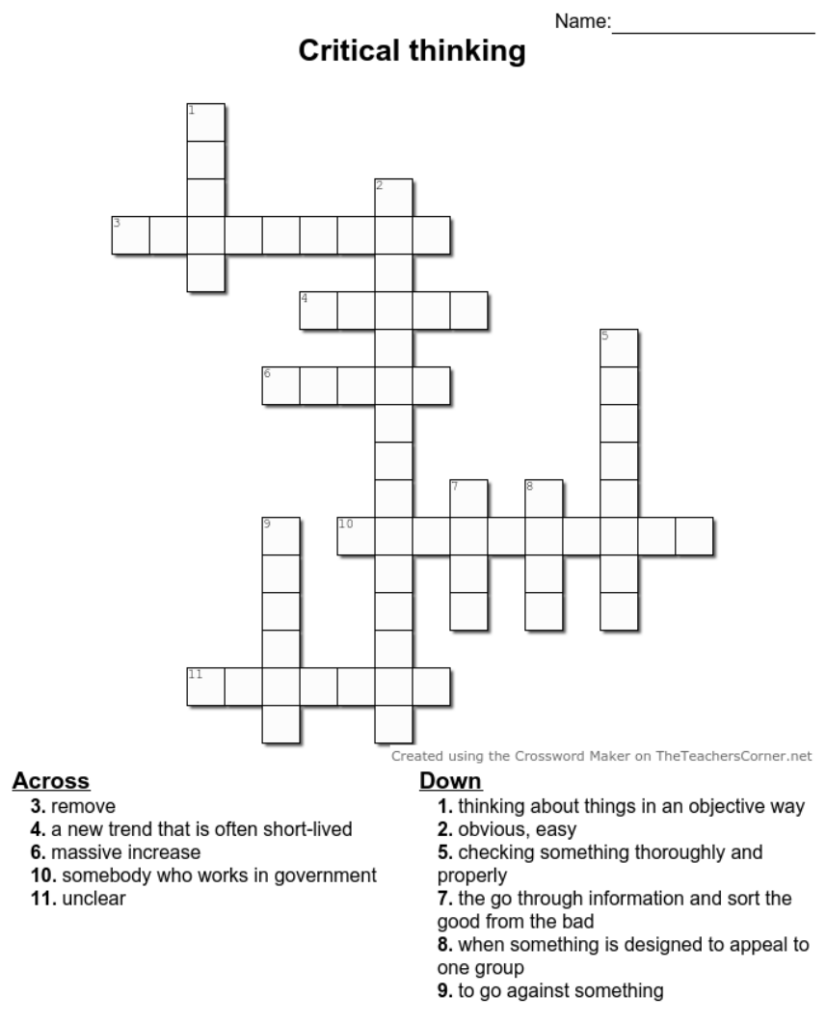

All downloads are in PDF format

Video: 5 Tips to Improve you Critical Thinking

Also check out these free resources on Critical Thinking




